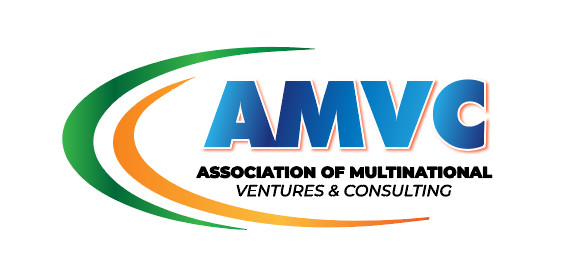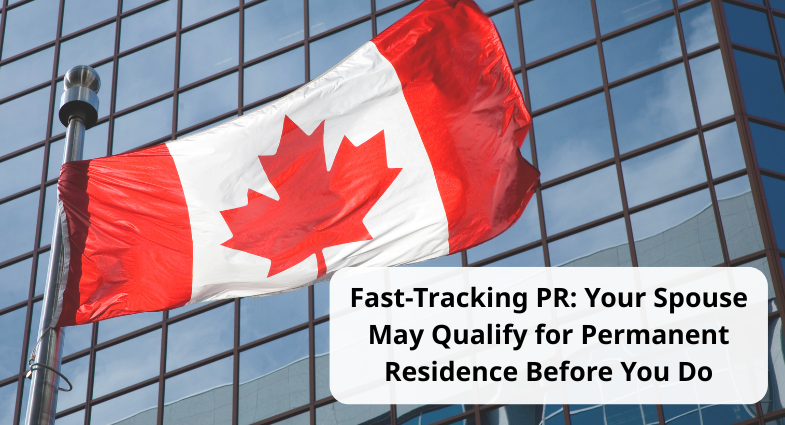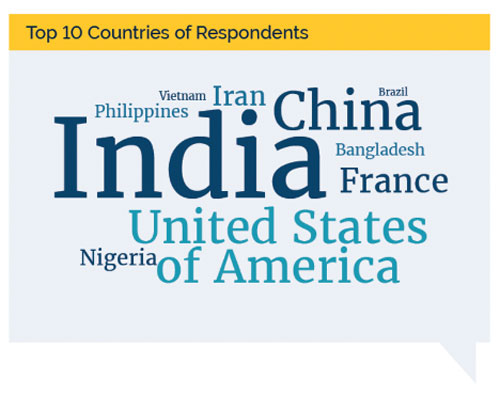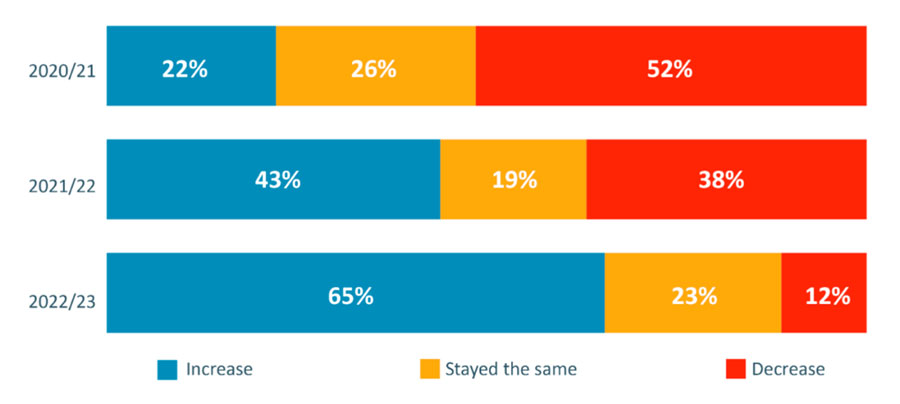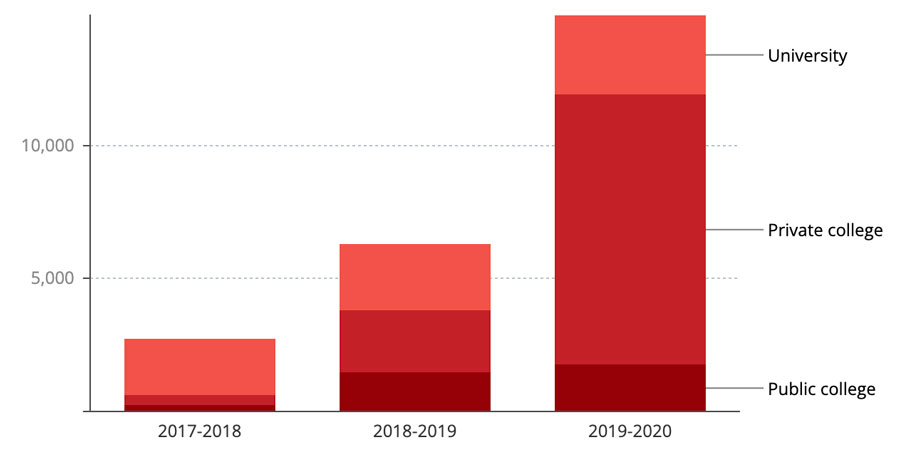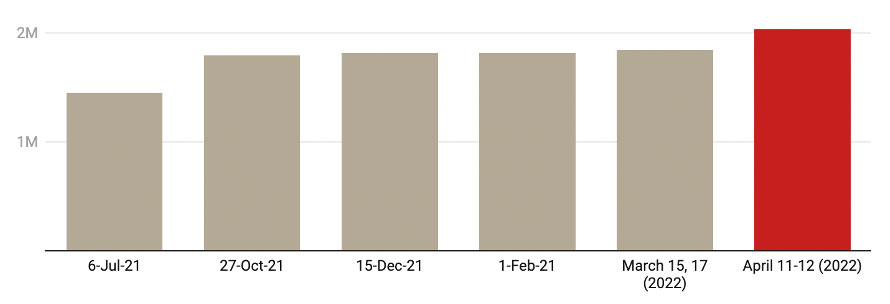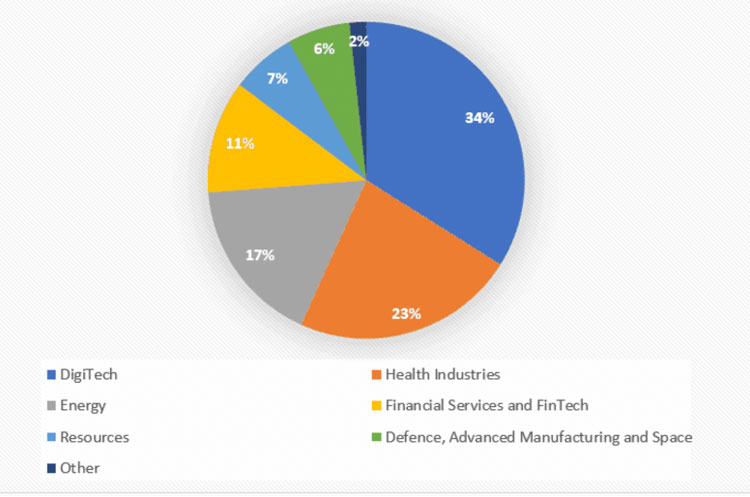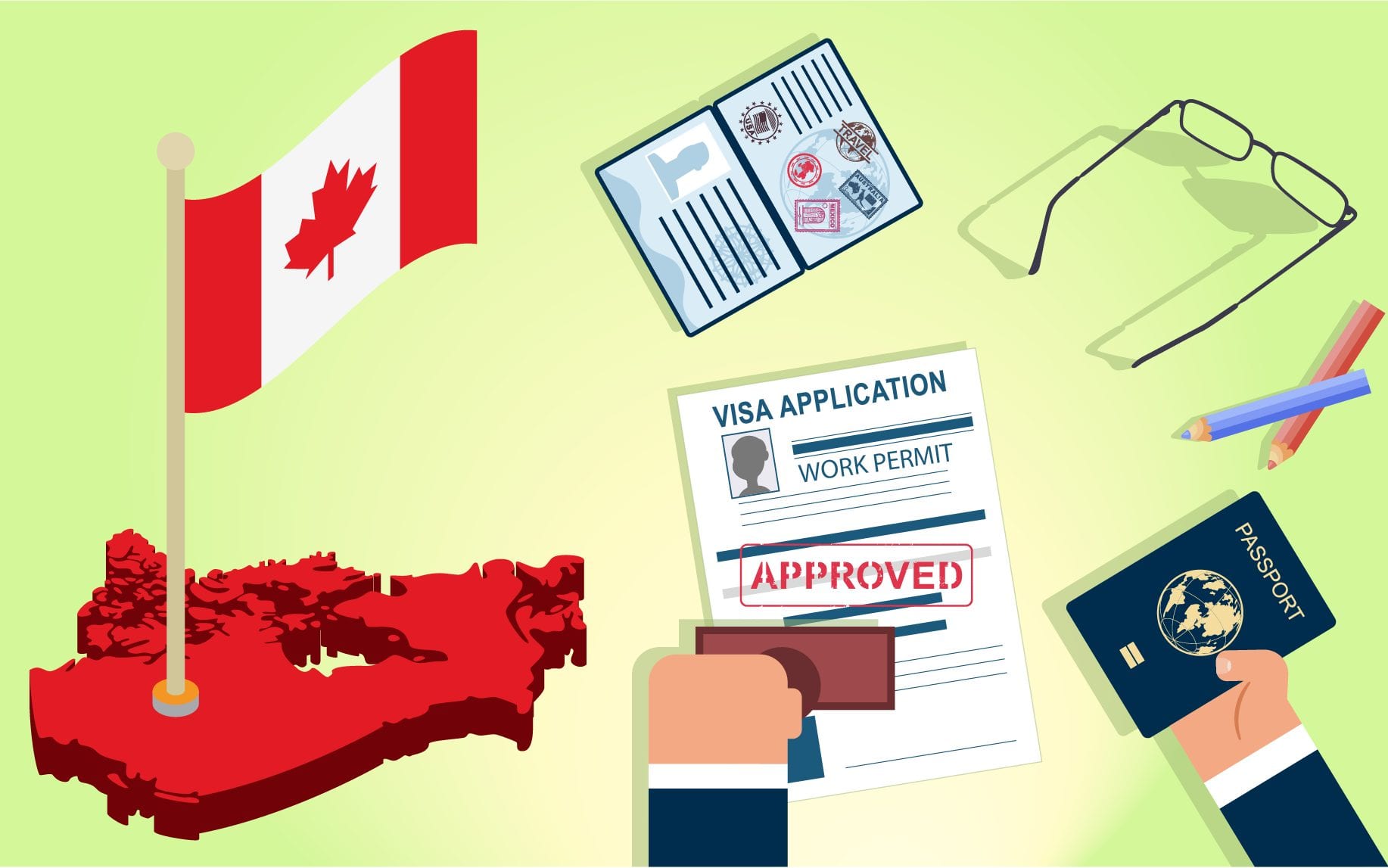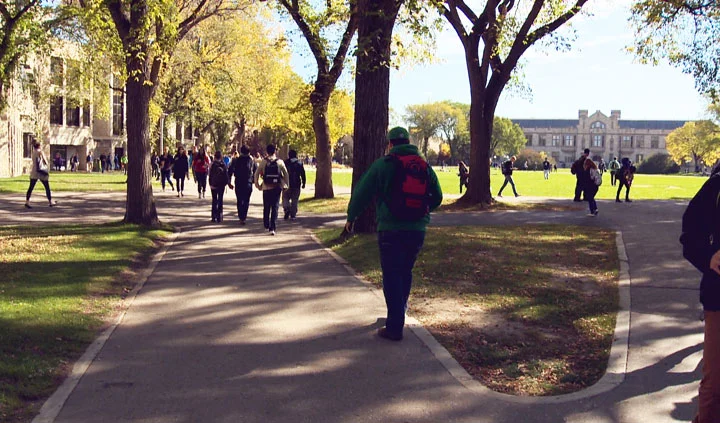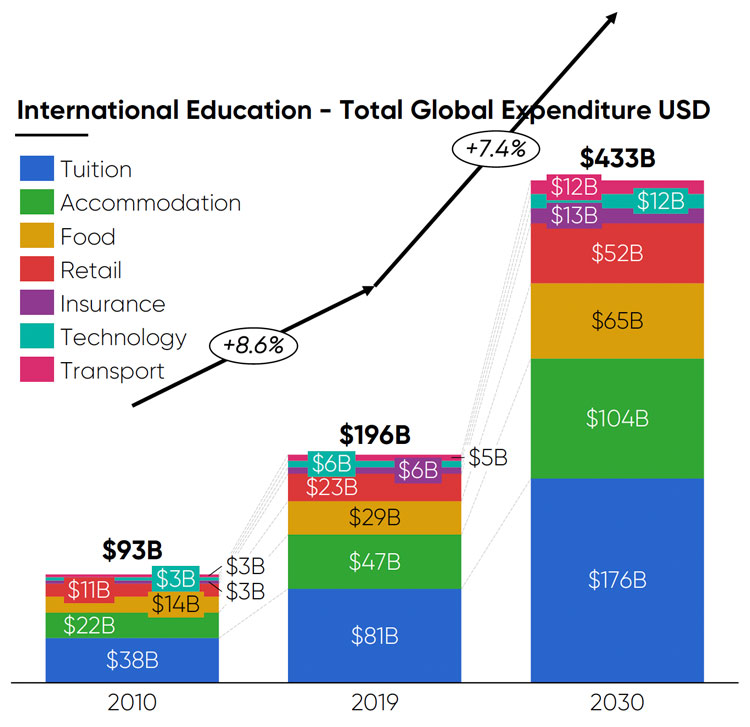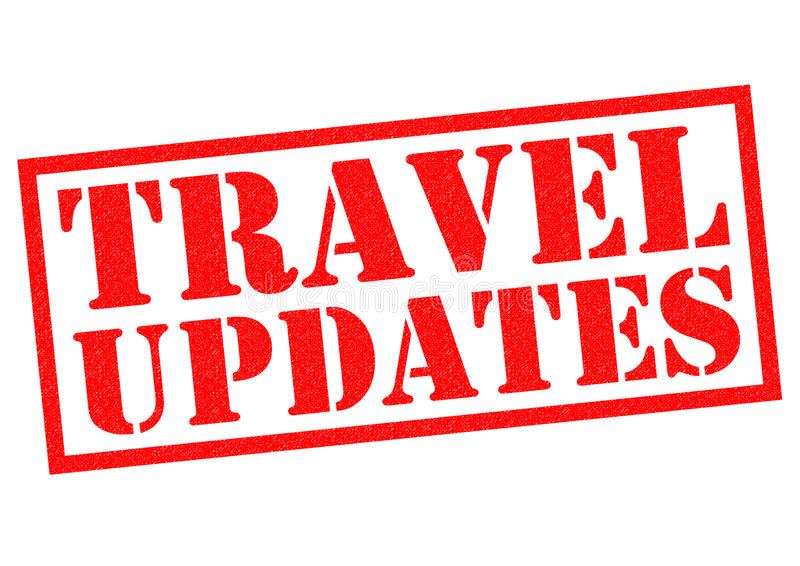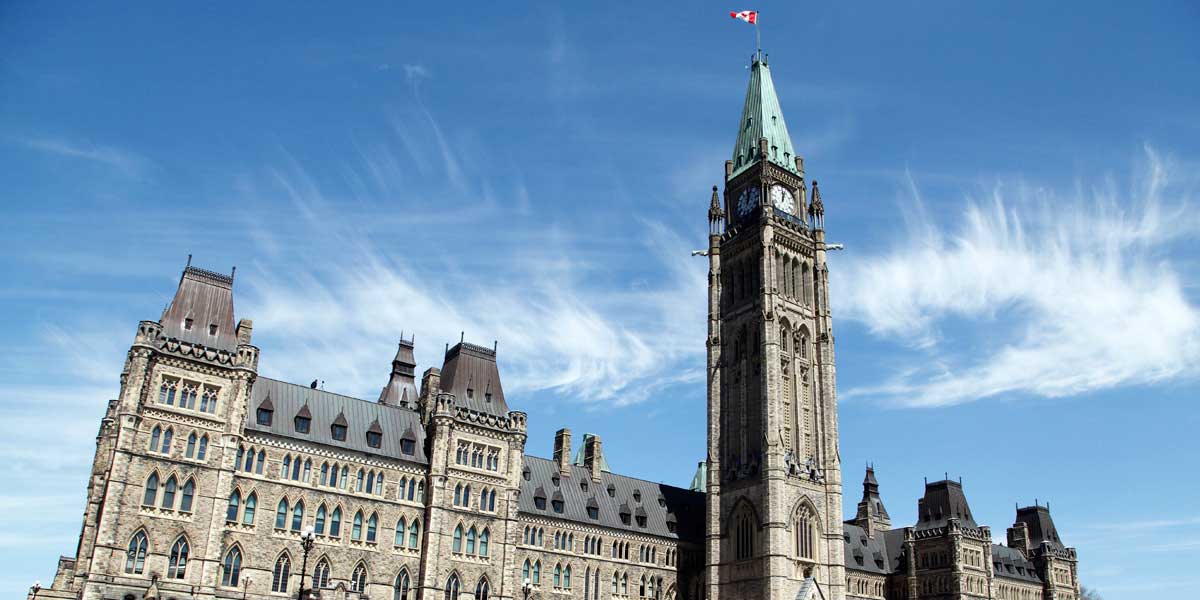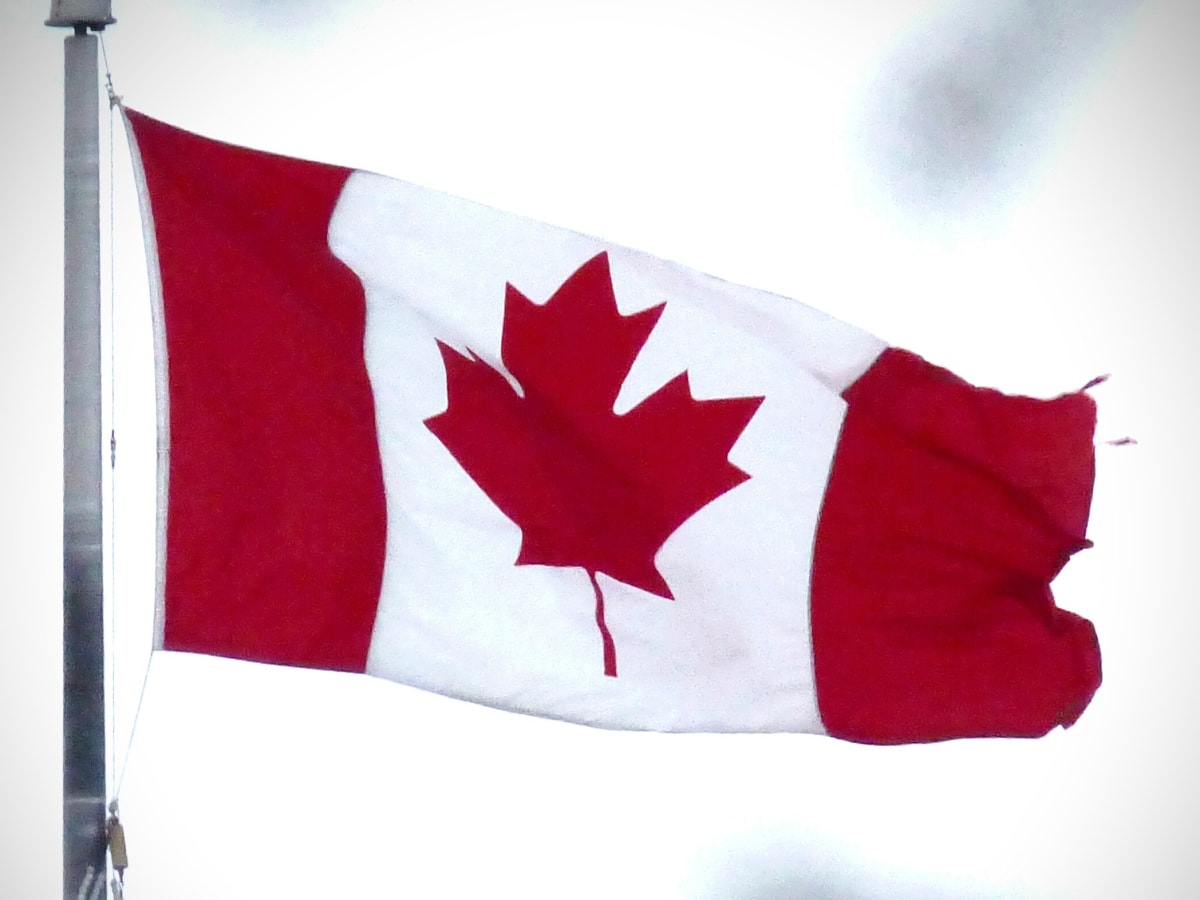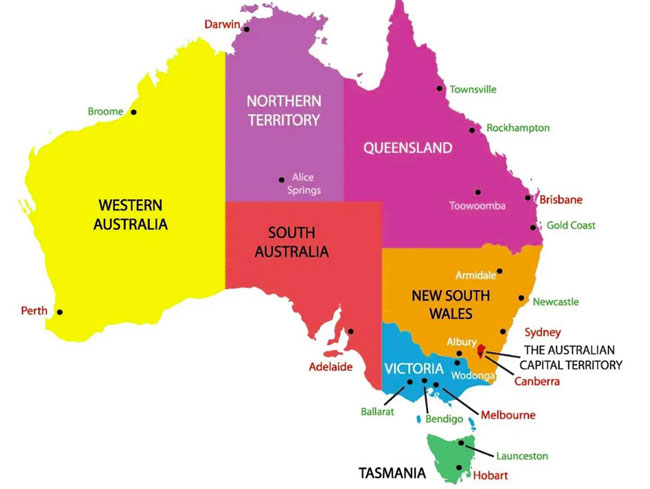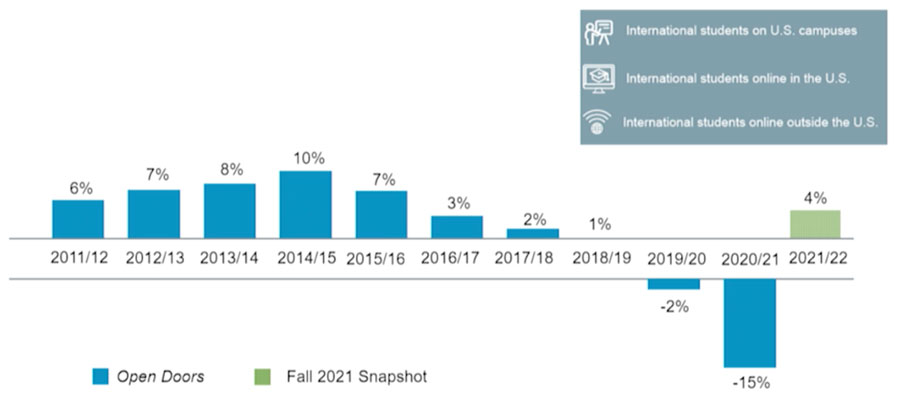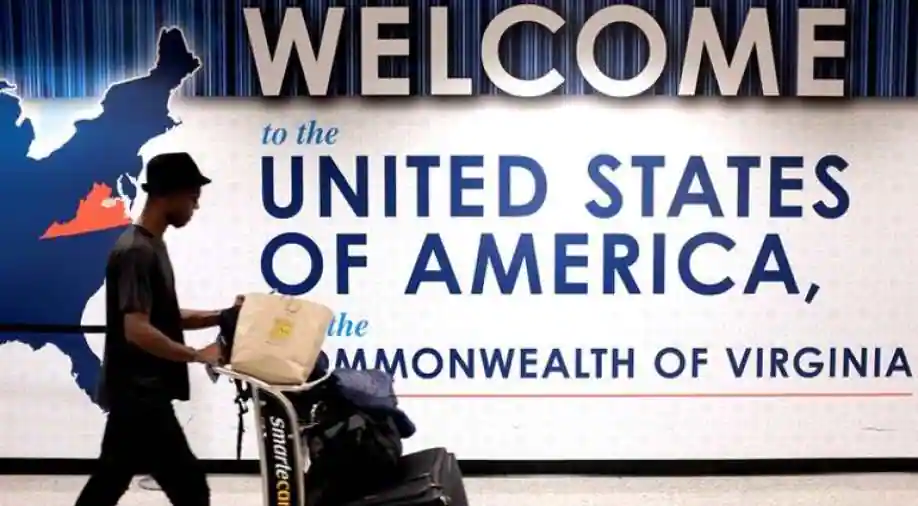COVID-19 testing and vaccine requirements, as well as other border measures, are an important part of Canada's response to the COVID-19 pandemic and serve to protect the health and safety of all Canadians. With vaccination rates increasing around the world, and an evolving epidemiological situation, it is important that Canada's border measures reflect the current global context.
Today, the Government of Canada is announcing upcoming adjustments to Canada's border measures.
Effective November 30, 2021, fully vaccinated individuals with right of entry to Canada who depart and re-enter the country within 72 hours of leaving Canada will not have to present a pre-entry molecular test. This exemption is only for trips originating in Canada taken by fully vaccinated Canadian citizens, permanent residents or individuals registered under the Indian Act, who depart and re-enter by land or by air and can demonstrate that they have been away from Canada for less than 72 hours. This exemption extends to accompanying children under 12, and individuals with medical contraindications to vaccination. Also effective November 30, 2021, Canada will expand the list of COVID-19 vaccines that travellers can receive to be considered fully vaccinated for the purpose of travel to Canada. The list will include Sinopharm, Sinovac and COVAXIN, matching the World Health Organization Emergency Use Listing.
The Government of Canada is also announcing that as of January 15, 2022, certain groups of travellers, who are currently exempt from entry requirements, will only be allowed to enter the country if they are fully vaccinated with one of the vaccines approved for entry into Canada. These groups include:
- individuals travelling to reunite with family (unvaccinated children under 18 years of age will retain exemption if travelling to reunite with an immediate or extended family member who is a Canadian, permanent resident, or person registered under the Indian Act);
- international students who are 18 years old and older;
- professional and amateur athletes;
- individuals with a valid work permit, including temporary foreign workers (outside of those in agriculture and food processing); and
- essential service providers, including truck drivers.
After January 15, 2022, unvaccinated or partially vaccinated foreign nationals will only be allowed to enter Canada if they meet the criteria for limited exceptions, which apply to certain groups such as agricultural and food processing workers, marine crew members, those entering on compassionate grounds, new permanent residents, resettling refugees and some children under the age of 18. Exempt unvaccinated travellers will continue to be subject to testing, quarantine, and other entry requirements. Non-exempt unvaccinated or partially vaccinated foreign nationals will be prohibited entry into Canada.
Starting November 30, vaccination will be required for travel within and out of Canada. A valid COVID-19 molecular test will no longer be accepted as an alternative to vaccination unless travellers are eligible for one of the limited exemptions, such as a medical inability to be vaccinated. Travellers should contact their airline or railway company to obtain the necessary form and submit it in accordance with their carrier's approval process as of November 30.
The Government of Canada's response to the COVID-19 pandemic will continue to prioritize the health and safety of Canadians. As vaccination levels, case counts and hospitalization rates evolve, the Government of Canada will continue to consider further targeted measures at the borders—and when to lift or adjust them—to keep Canadians safe.
Quotes
“Health and safety will always remain at the forefront of any decision our government makes in the fight against COVID-19. The upcoming changes to Canada’s border testing and entry requirements reflect the next stage in our government’s approach as we align with the improving vaccination rates both here in Canada and around the world. The situation at our borders remains closely monitored, with officials and experts continuing their work to evaluate the measures in place and recommend necessary adjustments as required.”
The Honourable Jean-Yves Duclos
Minister of Health
“From the start of the pandemic our goal has been to protect the health and safety of Canadians and prevent the spread of COVID-19 through our borders. Our commitment to border security has helped keep Canadians safe, and as the situation continues to evolve and we open our borders to non-essential travel, we will continue to ensure that travellers meet all of the requirements for entry to Canada.”
The Honourable Marco E. L. Mendicino
Minister of Public Safety
“As we restart many aspects of our economy, including travel, vaccination will continue to play an important role in keeping each other and our transportation systems safe and secure. No matter the final destination, ensuring travellers are vaccinated against COVID-19 protects travellers and transportation workers.”
The Honourable Omar Alghabra
Minister of Transport
“Requiring foreign nationals to be fully vaccinated adds another important layer of protection at the border. Many foreign nationals and international students arriving in Canada are already fully vaccinated, and the measures announced today will help ensure that Canadians remain protected against COVID-19 as the economy reopens and international travel returns.”
The Honourable Sean Fraser
Minister of Immigration, Refugees and Citizenship
Quick facts
- Travellers should check if they are eligible to enter Canada and meet all entry requirements before heading to the border. In addition, some provinces and territories may have their own entry restrictions in place. Check and follow both the federal and any provincial or territorial restrictions and requirements before travelling.
- All travellers, regardless of how long they were away from Canada, continue to be required to submit their mandatory information via ArriveCAN (free mobile app or website), including proof of vaccination in English or French and a quarantine plan prior to arriving in Canada.
- For trips out of the country longer than 72 hours, all travellers eligible to enter Canada must complete the mandatory pre-entry molecular COVID-19 test. Antigen tests are not accepted.
- The Government of Canada will continue to make appropriate adjustments to border measures, and will consider further changes to the pre-entry test requirement for vaccinated Americans and others in subsequent phases.
- To continue improving the processing of travellers, the Canada Border Services Agency (CBSA) has launched a new feature in ArriveCAN called Advance CBSA Declaration. This feature will allow travellers arriving at certain airports to electronically submit their customs and immigration declaration in advance of their arrival in Canada. This feature is currently available for travellers arriving at Vancouver International Airport through the ArriveCAN website only. It will soon be launched at other airports across Canada.
- Travellers can use a proof of vaccination credential issued by their province or territory, the local health facility where their vaccinations have been recorded, or from their country of vaccination, as long as it is a COVID-19 vaccine approved by the Government of Canada for the purpose of travel. Where available, Canadians are strongly encouraged to use the Canadian COVID-19 proof of vaccination.
- Transport Canada continues to work with the cruise ship industry, and other domestic and international partners, to permit the safe reopening of Canada to cruise ship travel in spring 2022, including the specific vaccination requirements for cruise ship passengers, and other health protocols. Additional information will be available in the coming weeks.
- The Government of Canada is looking into next steps in reopening additional Canadian airports to receive international passenger flights. Transport Canada is working closely with CBSA, PHAC, and airport partners to determine when and which airports can be reopened.
Source: Canada.ca
